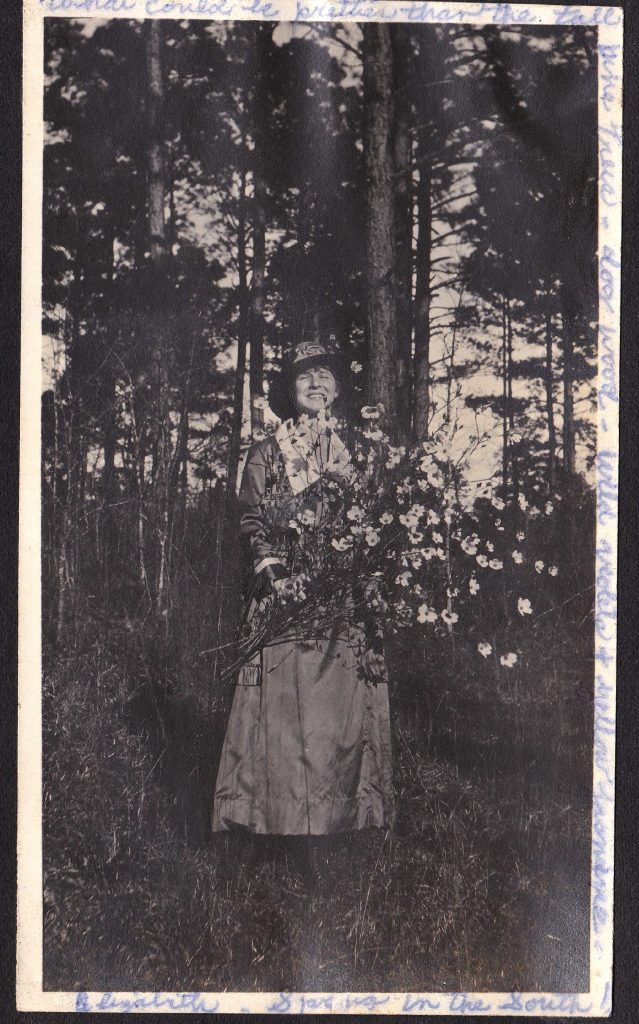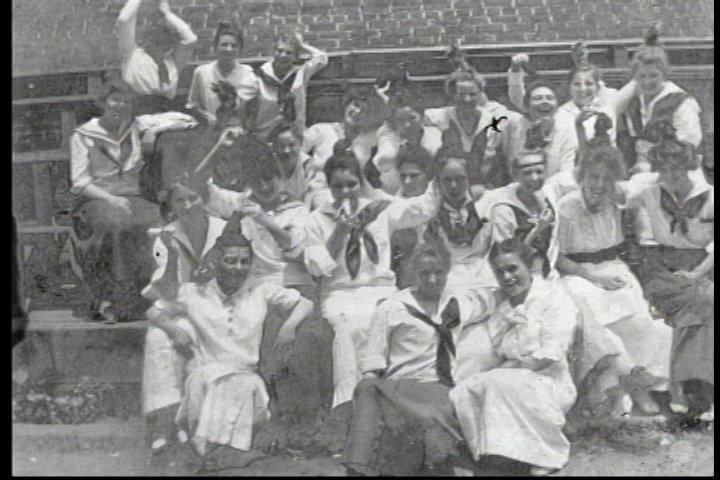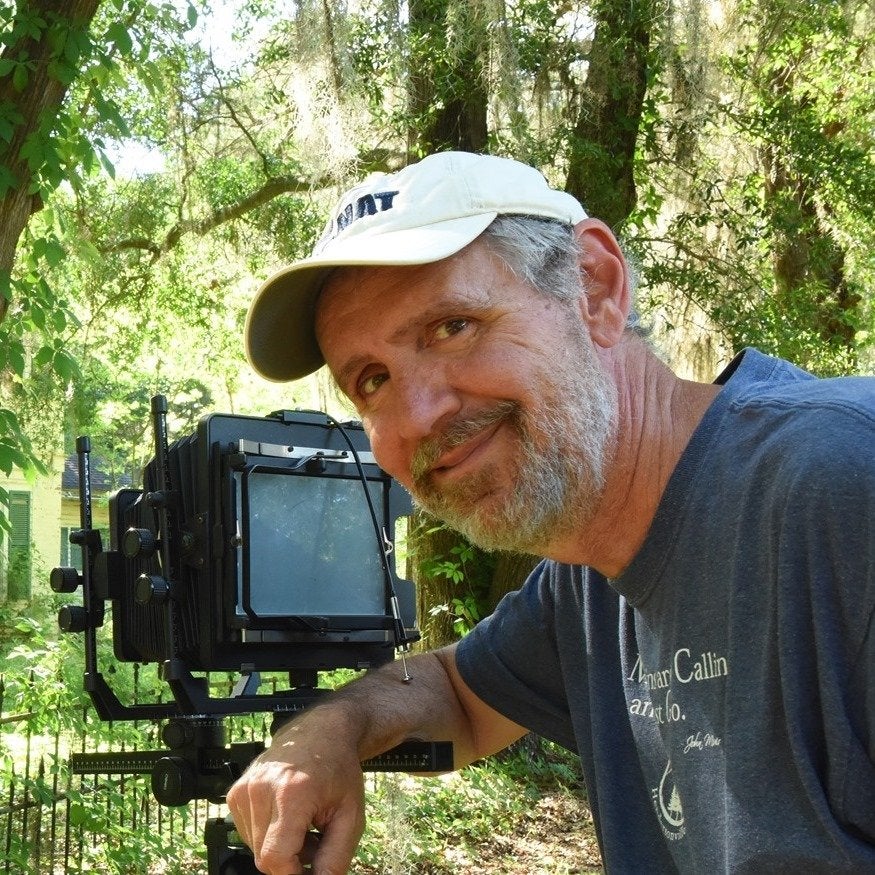Mark Albertin grew up hearing about a place called Augusta.
His grandmother, Elizabeth, was born in Augusta, but life took her up north. And Augusta became a place of folklore for the Wisconsin native until he moved to the area four decades ago and fell in love with the place his mother had romanticized.
“My grandmother regularly came back and forth,” said Albertin, who has used his grandmother’s life as a framework for a documentary he’ll premiere at the Imperial Theatre March 20. “She would tell my mother ‘when you see the red clay and the pine trees, we’re getting close to home.’”
[adrotate banner=”71″]
His grandmother attended Tubman High School, a girls only school, when it was on Reynolds Street. She married in 1917 at a residence on Telfair Street. His grandfather then went to train for World War I. After the war, he took a job with Coca Cola and ended up moving the family to Ohio. But his grandmother’s love for the South and her home never left. And those memories sparked the storyline for “Finding Home: A Journey Through Augusta’s 20th Century Past.”

Albertin had done a film called “Augusta Remembers” in 1999. It premiered in 2000.
“It was the first film I’d done,” he said.
It was more cut and dried. It was strictly history of Augusta from 1900 to 1940. It even appeared on Georgia Public Broadcasting.
But he always wanted to explore more of Augusta’s history.

Albertin has made several other films since that first one. They include “Displaced: The Unexpected Fall Out from the Cold War” about the towns of Ellenton, Dunbarton and others that disappeared and their residents displaced to make way for the Savannah River Site construction in the 1950s, “At What Cost: Pipelines, Pollution and Eminent Domain in the Rural South” and “Cumberland Island: The Shrinking Sanctuary.”
When Albertin moved to Augusta, he felt a connection to his grandmother even though she died two years before he was born. He saw some of the same landmarks she would’ve seen and went to some of the same places, even though they look different now.
[adrotate banner=”15″]
And although the story features his grandmother, Albertin weaves in the memories of about 100 Augustans who grew up in the Garden City. Their perspectives and first-hand experiences provide a unique balance for the film.
Albertin started work on the documentary before the pandemic. He was still interviewing people just as it was beginning, and it delayed its completion. Lee Ann Caldwell, longtime Augusta University history professor, also helped Albertin on the project.
He’s excited about bringing his final product to the screen, and he’s interested in hearing the conversations after it. He anticipates the subject matter to spark memories in those who attend.
“Finding Home: A Journey Through Augusta’s 20th Century Past” will be at 3 p.m. Admission is $8 plus fees. For tickets, go to imperialtheatre.com.
Charmain Z. Brackett is the managing editor of The Augusta Press. Reach her at charmain@theaugustapress.com










